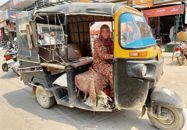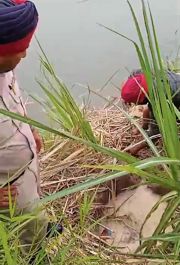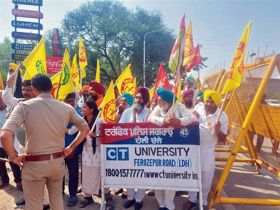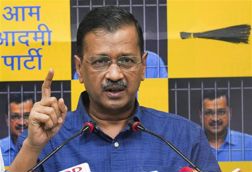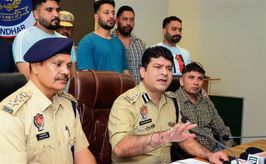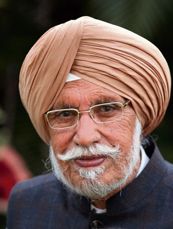
Photo for representational purpose only. iStock
Satya Prakash
New Delhi, April 28
Noting that the State can’t be oblivious to the special concerns of working women, the Supreme Court has ordered the Himachal Pradesh Government to constitute a three-member committee to reconsider the entire aspect of the grant of Child Care Leave to mothers, including those bringing up children with special needs.
“The participation of women in the work force is not a matter of privilege, but a constitutional entitlement protected by Articles 14, 15 and 21 of the Constitution; besides Article 19(1)(g). The State as a model employer cannot be oblivious to the special concerns which arise in the case of women who are part of the workforce,” a Bench led by CJI DY Chandrachud said.
“The provision of Child Care Leave to women subserves the significant constitutional object of ensuring that women are not deprived of their due participation as members of the work force. Otherwise, in the absence of a provision for the grant of Child Care Leave, a mother may well be constrained to leave the workforce,” it said in its April 22 order.
Acting on a petition filed by Shalini Dharmani -- an Assistant Professor at the Department of Geography in Government College, Nalagarh, who has a 14-year-old son with special needs -- the Bench directed the Himachal Pradesh Government to constitute a committee chaired by the Chief Secretary to look into all aspects of the matter and submit a report to it by July 31.
The top court directed that “In the meantime, pending further orders, the application by the petitioner for the grant of special leave under Rule 32 of the CCS (Leave) Rules shall be favourably considered by the competent authorities,” and posted the matter for further hearing on August 5.
“This consideration applies a fortiori in the case of a mother who has a child with special needs. Such a case is exemplified in the case of the petitioner herself,” the Bench said even as it noted, “We are conscious of the fact that the petition does trench on certain aspects of policy.”
The petitioner’s son suffers from a rare genetic disorder — Osteogenesis Imperfecta — and has undergone several surgeries since birth. He requires continuous treatment and surgical intervention to survive and lead a normal life. Due to the treatment of her son, the petitioner has exhausted all her sanctioned leave.
She had sought additional child care leave under Rule 43-C of the Central Civil Service (Leave) Rules 1972, which provides for paid leave for a maximum period of two years, i.e., 730 days during the entire service for taking care of up to two children whether for rearing or to look after any of their needs like examination, sickness. On March 3, 2010, the Centre extended the age of the child from 18 years to 22 years.
On November 16, 2018, her request was rejected on the ground that the Himachal Pradesh Government has not adopted provisions for Child Care Leave, forcing her to move the Himachal Pradesh High Court which dismissed her petition April 23, 2021, noting that Rule 43-C has been deleted by the state.
However, the Supreme Court said that “the policies of the State have to be consistent and must be synchronised with constitutional protections and safeguards.”
“The Committee shall consist of the State Commissioner appointed under the RPWD (Rights of Persons with Disabilities) Act; Secretary in the Women and Child Development Department; and Secretary in the Social Welfare Department,’ the Bench said. It asked the committee to engage with the Secretary in the Department of Women and Child Development and Secretary in the Social Welfare Department (Department of Empowerment of Persons with Disabilities) of the Union Government.
The report of the Committee shall be placed before the competent authority so that a considered policy decision is taken expeditiously, the Bench ordered. It also asked the Centre to be made a party to the case and Additional Solicitor General Aishwarya Bhati to assist the court in the matter.
Join Whatsapp Channel of The Tribune for latest updates.









